Why is 0/0 throwing Overflow error in VBA, while in .Net languages it is simply a Division by 0 error?
E.g., in C# it is a System.DivideByZeroException
static void Main()
{
int k = 0;
int p = 0;
Console.WriteLine(k/p);
}
Div/0 error exists in VBA. But 0/0 gives an overflow exception, while anything else divided by 0 gives a Div/0 exception:
Public Sub TestMe()
'Integer
PrintAndCheck (11) '- Division by zero error
'Double
PrintAndCheck (0.9) '- Division by zero error
'Long
PrintAndCheck (50000) '- Division by zero error
'String
PrintAndCheck ("1.1") '- Division by zero error
'----------------------------------------------------
'----------------BUT---------------------------------
'----------------------------------------------------
'Integer
PrintAndCheck (0) '- Overflow?
End Sub
Public Sub PrintAndCheck(lngDivisor As Variant)
On Error Resume Next
Debug.Print lngDivisor / 0
Debug.Print Err.Description & " from type -> " & VarType(lngDivisor)
On Error GoTo 0
End Sub
That's what you get in the immediate window:
Division by zero from type -> 2
Division by zero from type -> 5
Division by zero from type -> 3
Division by zero from type -> 8
Overflow from type -> 2
Edit: To make the whole story more interesting:
Public Sub TestMe()
On Error Resume Next
Debug.Print Evaluate("0/0") 'Division by 0 error (CVErr(xlErrDiv0)=2007)
Debug.Print 0 \ 0 'Division by 0 error
Debug.Print Err.Description
On Error GoTo 0
End Sub
